
Sebastian Contin Trillo-Figueroa, Geopolitics Analyst in EU-Asia Relations and AsiaGlobal Fellow, The University of Hong Kong
Sep 05, 2025
Today’s international order is shaped by “orbital bipolarity,” dominated by the United States and China, with secondary powers navigating their influence; Europe is limited in its role, China acts cautiously, Russia capitalizes on Western hesitation, and Ukraine remains trapped in the conflict.
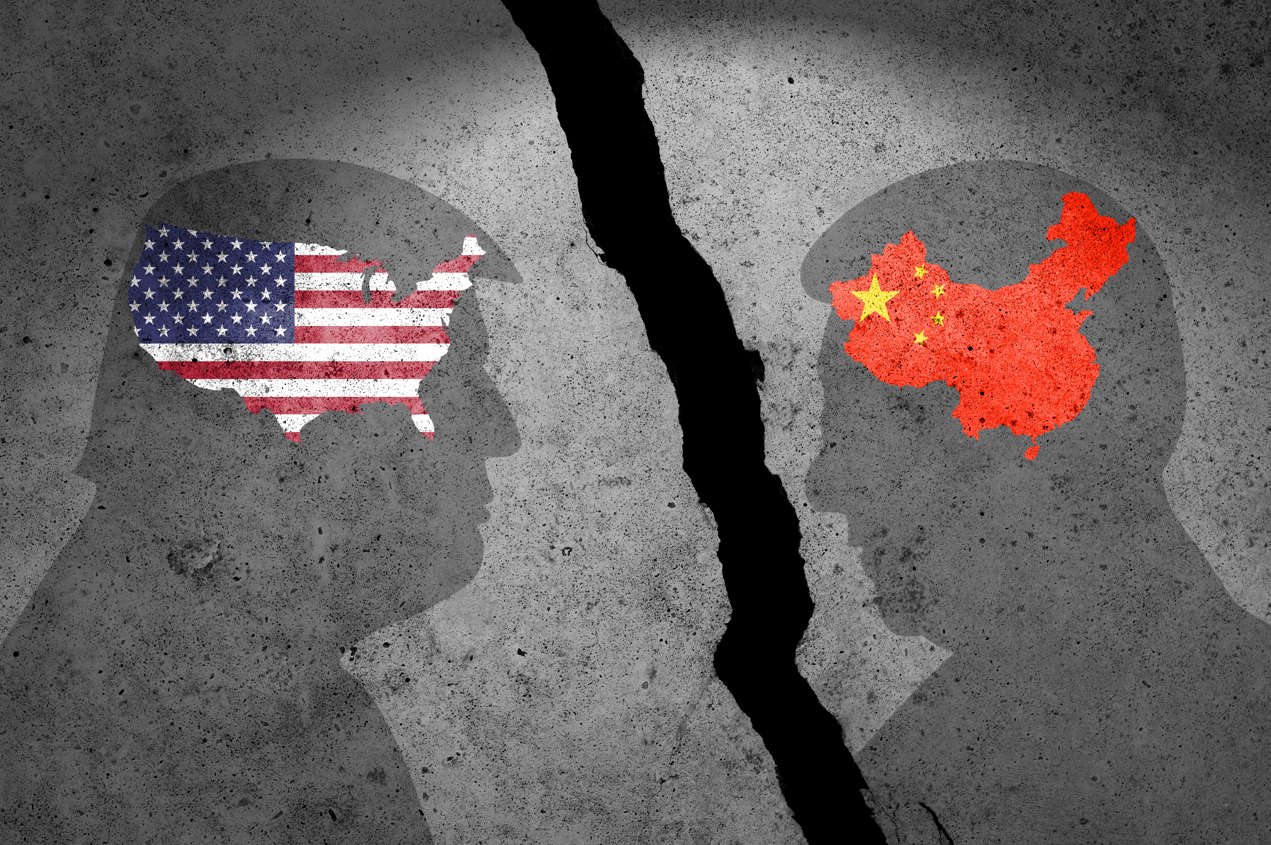
Brian Wong, Assistant Professor in Philosophy and Fellow at Centre on Contemporary China and the World, HKU and Rhodes Scholar
Aug 27, 2025
Conventional thinking would assume the Trump administration’s haphazard approach to China will become an articulated stance at some point, but the U.S. president is anything but conventional.
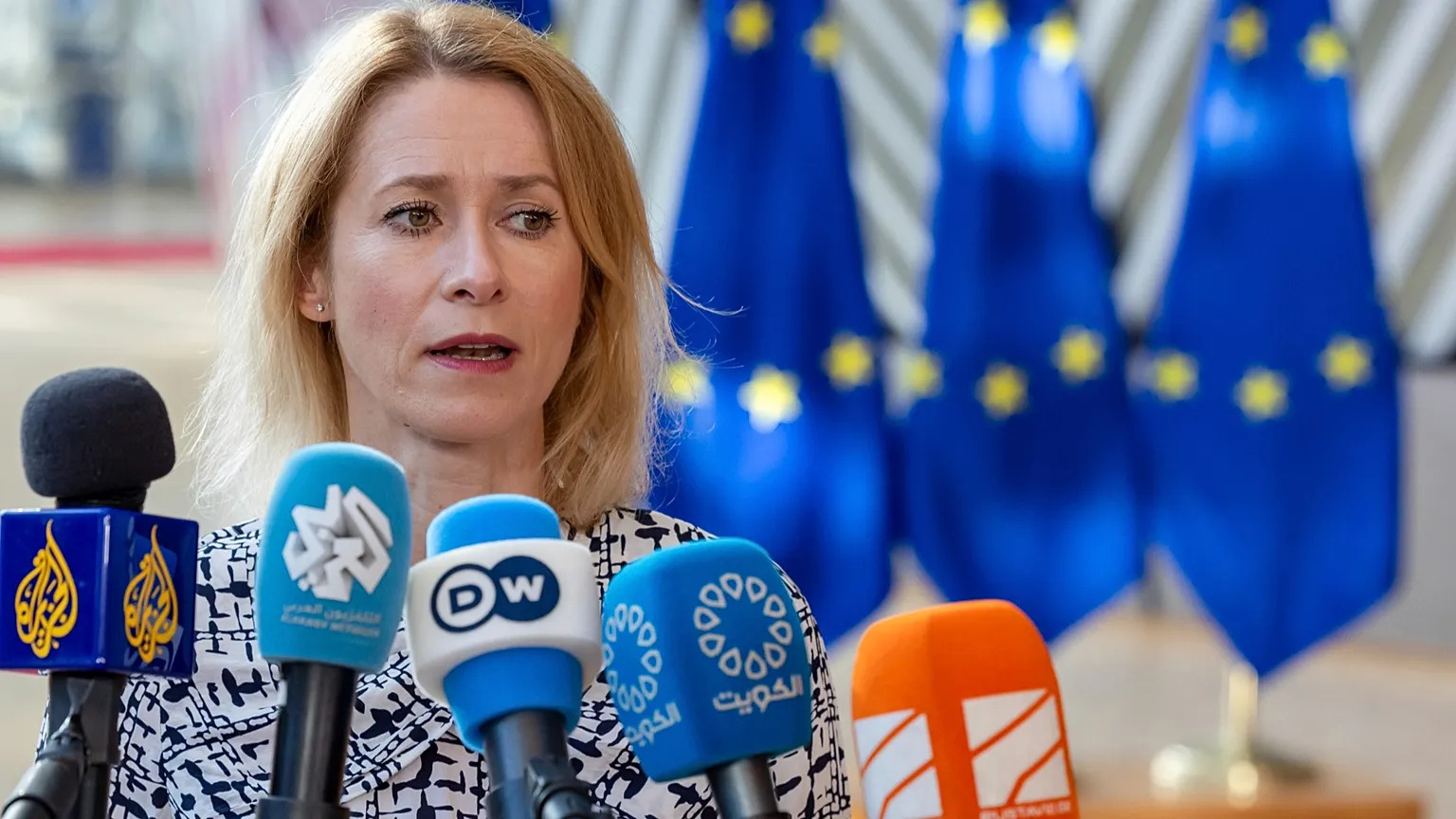
Jade Wong, Senior Fellow, Gordon & Leon Institute
Aug 26, 2025
The Alaska Summit signals a revival of major power coordination, with Europe determined not to forsake the peace dividends it has accrued over the decades. Seasoned by centuries of geopolitical maneuvering, European powers are poised to actively shape their own destinies rather than succumb to the will of others.
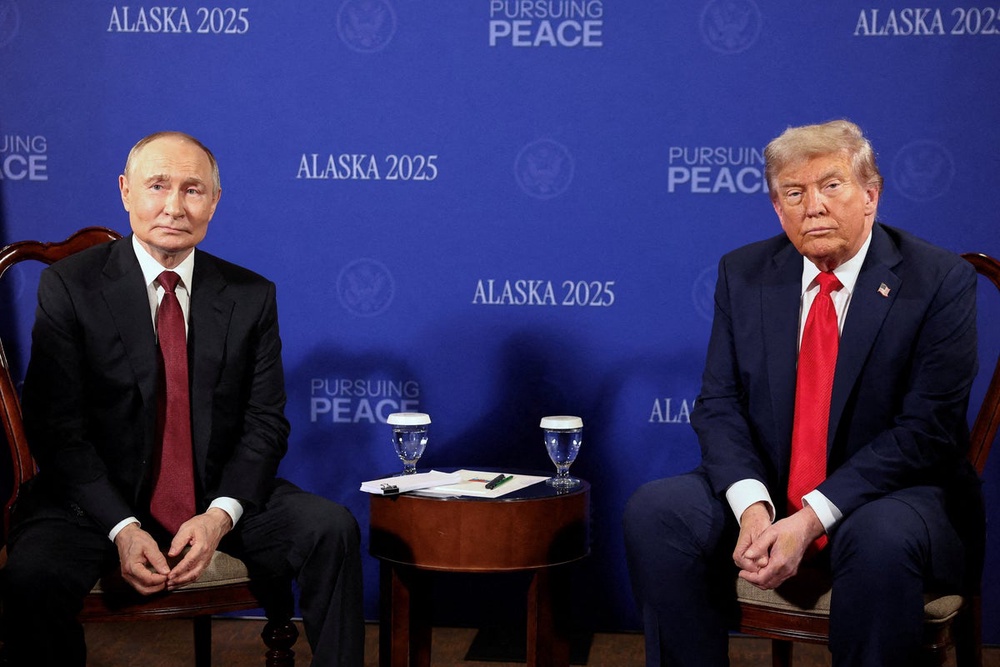
Sujit Kumar Datta, Former Chairman of Department of International Relations, University of Chittagong, Bangladesh
Aug 26, 2025
The legacy of Donald Trump may endure if only because he triggered a new global order through the law of unintended consequences. He has set in motion a major power shift in which China — aligning with India, Russia and key trade blocs — will become the global captain over the next 10 to 20 years.
Sujit Kumar Datta, Former Chairman of Department of International Relations, University of Chittagong, Bangladesh
Feb 26, 2025
America’s stunning withdrawal from global leadership under President Donald Trump’s isolationist policies has accelerated China’s rise, marking a significant shift in global power dynamics. China’s timing is perfect for the moment as it promotes a vision of global collaboration and shared prosperity.
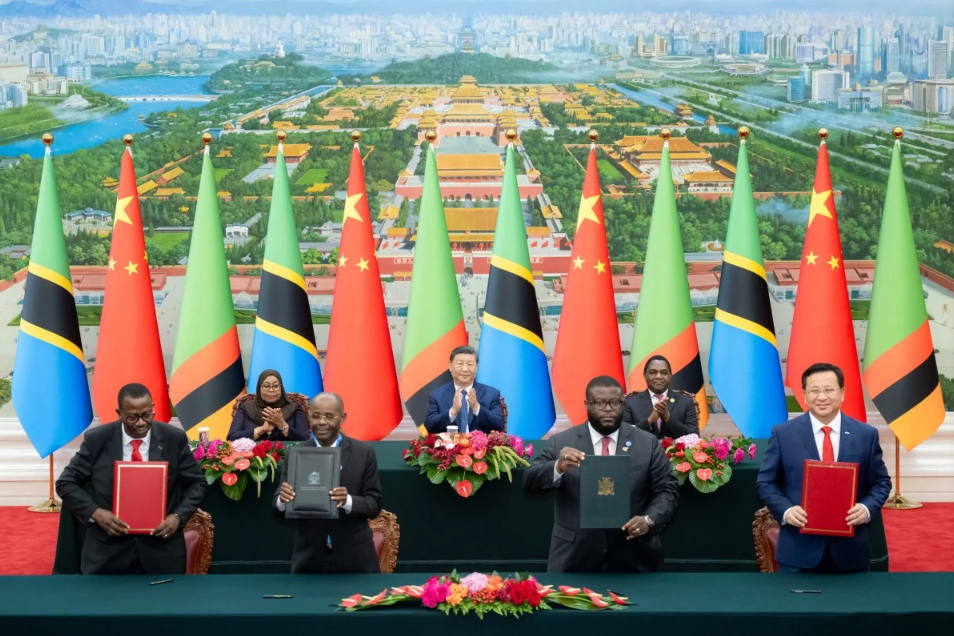
Sebastian Contin Trillo-Figueroa, Geopolitics Analyst in EU-Asia Relations and AsiaGlobal Fellow, The University of Hong Kong
Mohamed Ibrahim Hafez, Researcher, Political Economy of MENA, Nottingham Trent University
Dec 13, 2024
Africa’s growing affinity for China draws both excitement and concern from observers the world over, while African leaders themselves seem drawn to the material benefits China is offering. What has China really done for Africa’s developing nations thus far?
Vasilis Trigkas, Visiting Assistant Professor, Schwarzman College, Tsinghua University
Aug 30, 2024
There are parallels between the historical lessons of World War I and the current era of hegemonic transition, with China's 10 years old proposal of the "New Type of Great Power Relations" still offering a framework for navigating U.S.-China relations. Ultimately, strategic dialogue and cooperation between great powers is of utmost importance to avert great power conflicts.
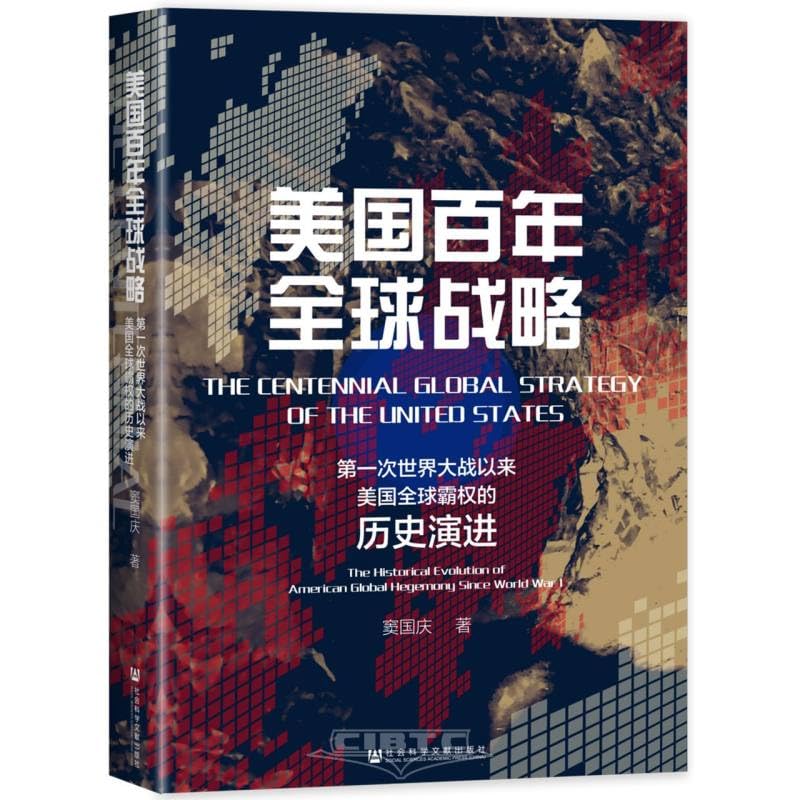
Dou Guoqing, Colonel of the People’s Liberation Army and Postdoctorate Researcher at PLA National Defense University
Jun 18, 2024
The United States has been the biggest beneficiary of changes in the international order over the past century. Four key factors have contributed to its current hegemony.
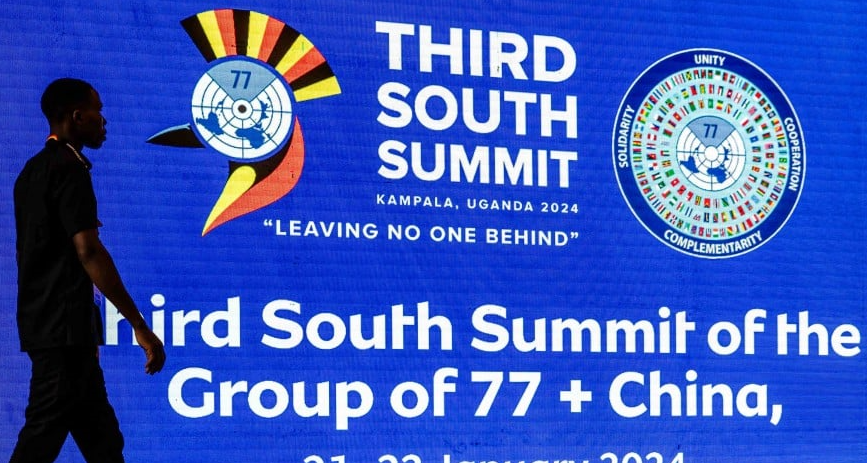
Ananth Krishnan, Director at The Hindu Group, and AsiaGlobal Fellow at University of Hong Kong
Jun 07, 2024
Multipolarity has become a buzzword in global affairs with due credit to countries in the Global South taking strides toward establishing power independent of the U.S. or China. As developing nations demand a bigger share of voice, what challenges will they face?
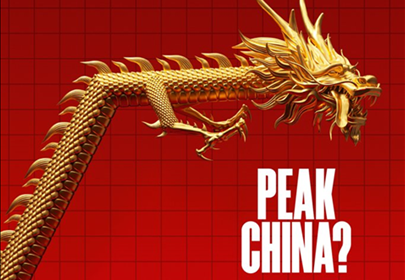
Zhao Minghao, Professor, Institute of International Studies at Fudan University, and China Forum Expert
Sep 22, 2023
Judging from a lengthy slate of indicators, discounting China’s position in the world economy over a momentary economic slowdown would be a mistake. Failing to understand China’s recent progress and future ambitions could lead the United States to squander its own long-term advantages.
Back to Top

- China-US Focus builds trust and understanding between the U.S. and China through open dialogue among thought leaders.
- Our Offerings
- Topics
- Videos
- Podcasts
- Columnists
- Research Reports
- Focus Digest
- Stay Connected
-
Thanks for signing up!
- Get the latest stories from China-US Focus weekly.